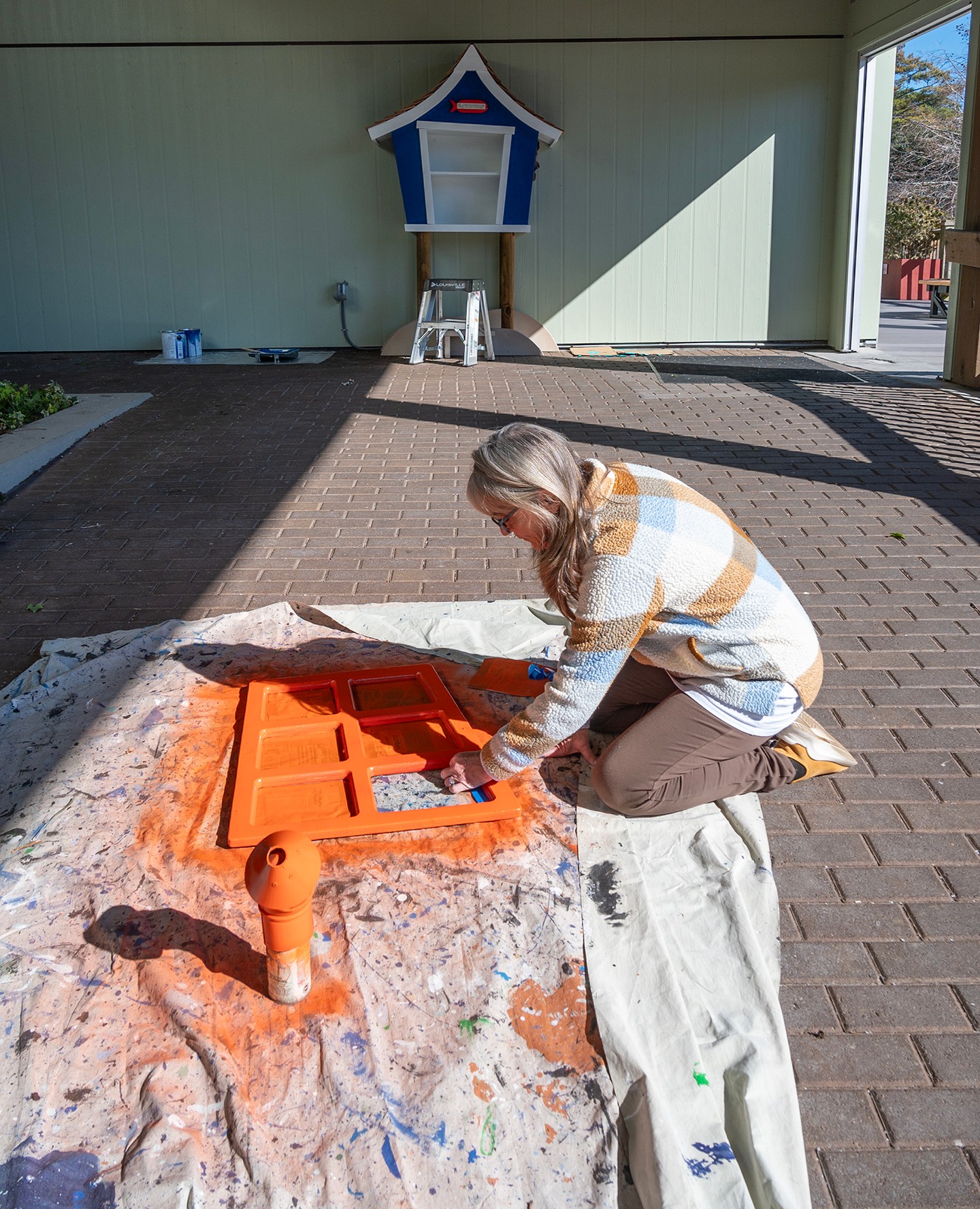- Understanding the concept of a Little Free Library and its significance in fostering community engagement and literacy.
- The renovation of the Little Free Library as part of a broader effort for sustainability and accessibility.
- Drawing parallels between community-based projects and wildlife conservation efforts, emphasizing collective responsibility.
- The role of education and awareness in promoting wildlife conservation and zoo management.
- Encouraging individual contributions to collective goals, highlighting how small actions lead to significant impacts in environmental stewardship.
In the increasingly dynamic world of community-driven initiatives, one small, yet impactful concept stands out: the Little Free Library. This grassroots project embodies the philosophy of “take a book, return a book,” fostering a culture of sharing and learning within communities. These small wooden boxes filled with books are more than just repositories; they symbolize collective efforts to promote literacy, community engagement, and a love for reading. The importance of such community projects is immeasurable, particularly when considering their role in sustaining and improving access to educational resources for everyone, regardless of age or socio-economic background.
Recently, our Little Free Library underwent an exciting transformation. Staff members took the opportunity during a closure week to repaint and rejuvenate it, reinforcing its role as a focal point of community interaction and education. This makeover is part of a larger initiative to maintain this library not only as a vibrant feature of our community but also as a nod to sustainability and accessibility. By providing a continuously refreshed stock of books for all age groups, the library serves as both an educational resource and a testament to the power of shared community spaces.
In considering these points, it’s interesting to draw parallels between community projects like the Little Free Library and efforts in wildlife conservation. Both require collective action and a shared sense of responsibility. Just as communities come together to support and sustain libraries, so too do they need to unite to preserve our natural world. Wildlife conservation is, at its heart, a community effort. The challenges it faces—loss of habitat, dwindling biodiversity, and environmental degradation—require solutions that are rooted in communal action and awareness.
Education plays a pivotal role in both domains. In zoo management and wildlife conservation, it’s crucial to provide knowledge and cultivate awareness about biodiversity and the importance of protecting our ecosystems. Like the books in a Little Free Library, educational initiatives in zoos and conservation projects open pathways to understanding and action. Zoo-based conservation programs often aim to educate the public about endangered species and critical habitats, instilling a deeper appreciation for wildlife and inspiring action to protect it.
The rejuvenation of the Little Free Library and its continued operation symbolize a broader commitment to sustainable community resources. Such projects encourage individuals to contribute meaningfully to collective efforts. By donating books, participants help keep the library stocked and engaging, perpetuating a cycle of learning and sharing. Similarly, individuals can significantly impact wildlife conservation by participating in community clean-ups, supporting sustainable products, or educating others about ecological issues.
Every action taken toward maintaining and replenishing communal resources, whether a book in a library or a clean, safe space for wildlife, shows how individual contributions scale to larger impacts. The Little Free Library stands as a reminder that community efforts, like wildlife conservation initiatives, thrive when supported by enthusiastic and informed participants. This enthusiasm is mirrored in conservation efforts where every small step taken by an individual contributes to broader environmental goals.
As we reflect on these themes, it becomes evident that community initiatives and conservation efforts are deeply interwoven. Both rely on the participation of informed, engaged citizens committed to sustaining and enhancing shared spaces and resources. Whether through the simple act of sharing a book or more extensive conservation advocacy, such actions underline the potential for collective efforts to foster a harmonious and sustainable world.
*****
Source Description
🌏📖️ It’s 📚Our Little Free Library got a makeover! Staff repainted it during our closure week. We try to keep it stocked with books for all ages. Bring one to trade and take one when you visit!


